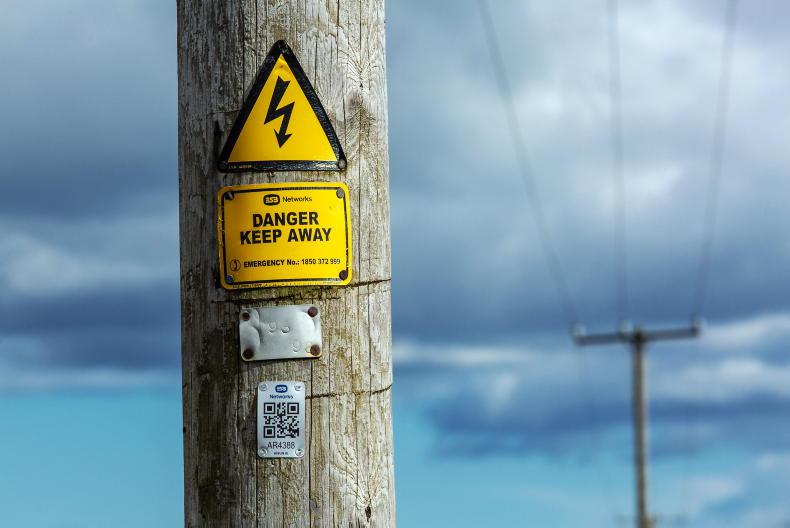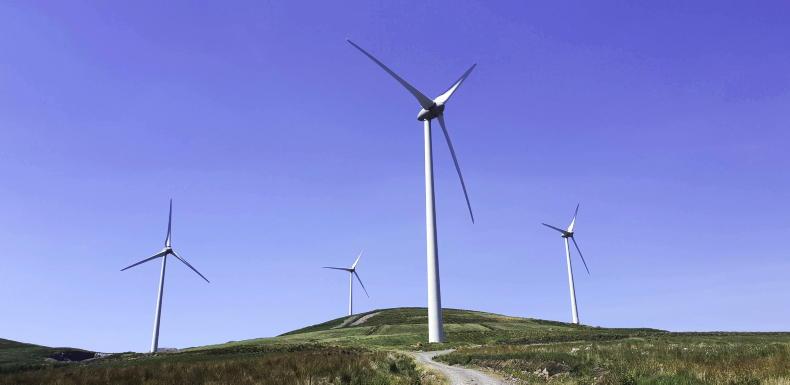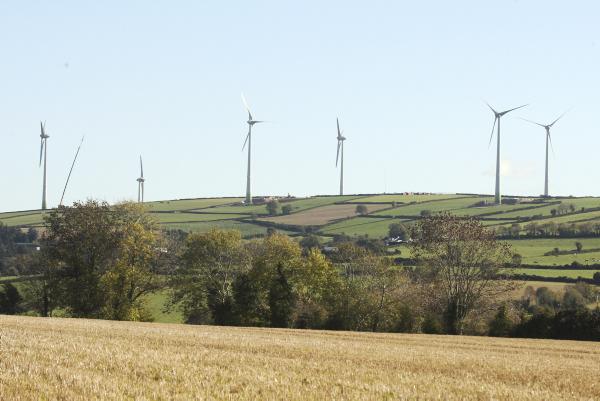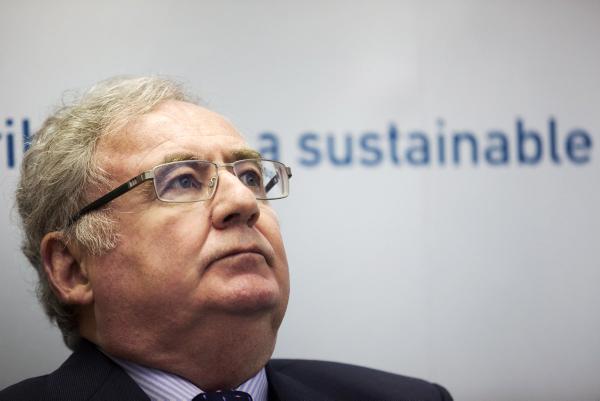A farmer has to be a lot of things; a vet, a mechanic, a welder, a carpenter, an accountant, a lawyer, etc. However, his mainly he is a solar technologist - I bet you never thought of that one! However, our fields are in fact huge solar panels and farmers are all solar technologists.
We manage fields to maximise the amount of solar energy that falls on plant leaves. Then, in the amazing "water to wine" miracle known as photosynthesis, the solar energy joins water to carbon dioxide to make sugar and food. Indeed, it is almost instinctive for a farmer to seek out the south sloping fields, to minimise the amount of bare ground and to fill his fields with lots of large healthy leaves. This is how a solar energy technologist thinks.
For a number of years, I had been looking across my yard at a range of old buildings with a south facing roof and thinking about all the "wasted" sunlight that was falling on them. Then four years ago, I started buying solar panels to put on that roof to make use of that light. It has gone very well. The panels which cost me less than the price of an acre of land, are leaving as much profit as five acres. With no moving parts, and space tested reliability, they are likely to continue to do this for decades to come. I highly recommend it to other farmers.
As for most aspects of farming, sunshine returns will be marginally better the farther south your farm is but of course the "sunny south east" is best of all. Nevertheless, a worthwhile return can be obtained on any farm in the country. It is a very good way to increase the output from your holding and build resilience into your farm.
Solar technology is simple, proven and economic so the main challenge to its uptake is a human one. I was fortunate to avail of the ESB's pilot Microgeneration Programme. I understand that this is no longer available and there is now an institutional reluctance within the ESB to facilitate farm or domestic electricity generation. However, the issue is too big to be left to the internal politics of the ESB.
There is a societal discussion to be had about electricity generation and distribution. Worldwide, an active debate is taking place. The traditional utility companies favour a continuation of centralised power production from large fossil fuel or nuclear power stations with networks of pylons for distribution, whereas new solar, wind and battery makers see the new cheaper renewable technologies as a golden opportunity to decentralise and localise power generation.
The latter scenario has many environmental benefits as well as huge opportunities for farmers. I would love to see the IFA taking an interest in this issue and engaging with government and the ESB. Wouldn't it be great if farmers could get an income from their shed roofs instead of having to plough around all the wasted ground under pylons?
For now, I am enjoying my "free" electricity and seeking new ways to use it around the farm. Last year, I bought an electric golf course truck as a farm runabout for herding and fencing. Having a lot of trees on a farm means having miles of fences to maintain.
By having stakes and everything on board when herding, repairs get done as soon as a problem is spotted, rather than being left on the long finger for a tractor job. It's very true what they say- a nail or a stake in time, will always save nine. Finally, I have to admit, the silent progress of my electric farm vehicle around the fields is just pure, clean, fun. If only everything else ran as smoothly!










SHARING OPTIONS